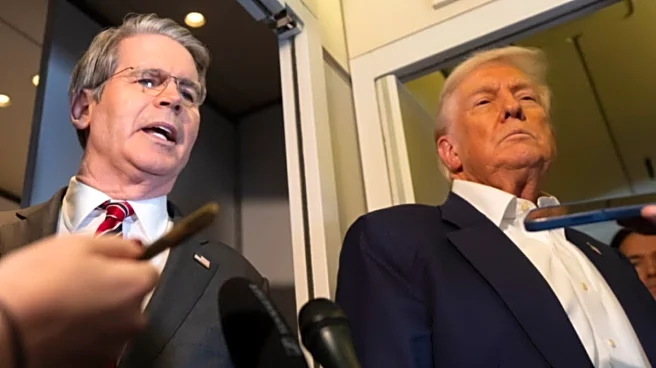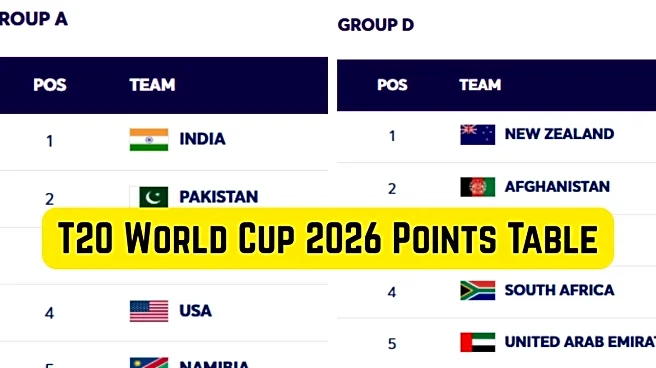The US Department of the Treasury has announced a sweeping new round of sanctions targeting Iran’s vast shadow oil network, naming companies and individuals across several countries, including an India-based
shipping operator, as Washington intensifies pressure on Tehran’s military financing mechanisms.
The measures, imposed by the Office of Foreign Assets Control (OFAC), aim to dismantle the network of front companies, shipping facilitators, and logistics providers that the Iranian armed forces have relied on to sell billions of dollars’ worth of crude oil.
According to the Treasury, these sales have become a key revenue source for Iran’s military as it attempts to rebuild following its defeat in the recent 12-Day War with Israel.
“Today’s action continues Treasury’s campaign to cut off funding for the Iranian regime’s development of nuclear weapons and support of terrorist proxies,” Treasury Secretary Scott Bessent said.
“Disrupting the Iranian regime’s revenue is critical to helping curb its nuclear ambitions,” Bessent added.
Among those designated is RN Ship Management Private Limited, an India-based company accused of operating vessels used to ship Iranian oil on behalf of the sanctioned Iranian military-linked entity Sepehr Energy Jahan Nama Pars Company (Sepehr Energy Jahan).
The firm’s Indian directors, Zair Husain Iqbal Husain Sayed and Zulfikar Hussain Rizvi Sayed, have also been sanctioned for their roles.
RN Ship Management joins a long list of companies from the UAE, Panama, Germany, Greece, and The Gambia that were similarly named for materially assisting Iran’s military oil operations.
Several vessels, including tankers used to transport millions of barrels of Iranian crude and LPG through clandestine ship-to-ship transfers, have also been blocked.
The Treasury revealed that Sepehr Energy Jahan uses an elaborate global network, ranging from chartering agents to oil buyers and logistics mediators, to move Iranian oil disguised as other grades, often through shadow fleet tankers that disable tracking systems or falsify documents.
These operations, officials said, continue to be critical to Iran’s revenue streams despite years of sanctions.
The latest action also expands sanctions on Mahan Air, Iran’s largest private airline, and its subsidiary Yazd International Airways Company, which Washington accuses of working closely with the Islamic Revolutionary Guard Corps-Qods Force (IRGC-QF).
The airline has allegedly facilitated the transport of weapons and personnel to support Iranian proxies in Syria and Lebanon.
Aircraft operated by Mahan Air, including seven Western-made planes acquired through foreign intermediaries, were also identified as blocked property.
Several senior Mahan Air officials involved in aircraft procurement and logistics have been sanctioned as well.
According to the Treasury, today’s designations are issued under Executive Orders 13224 and 13902, which target terrorism supporters and entities operating in Iran’s petroleum sector.
OFAC reiterated that the goal of sanctions is “not to punish, but to bring about a positive change in behaviour,” though violations could invite severe civil or criminal penalties.
All property of the designated entities under US jurisdiction has been frozen, and American persons are prohibited from conducting transactions with them.
ALSO READ | Trump-Putin’s 28-Point Ukraine Peace Plan Revealed, With Major Concessions To Moscow


/images/ppid_a911dc6a-image-177099657911579822.webp)

/images/ppid_a911dc6a-image-177099653553117833.webp)









